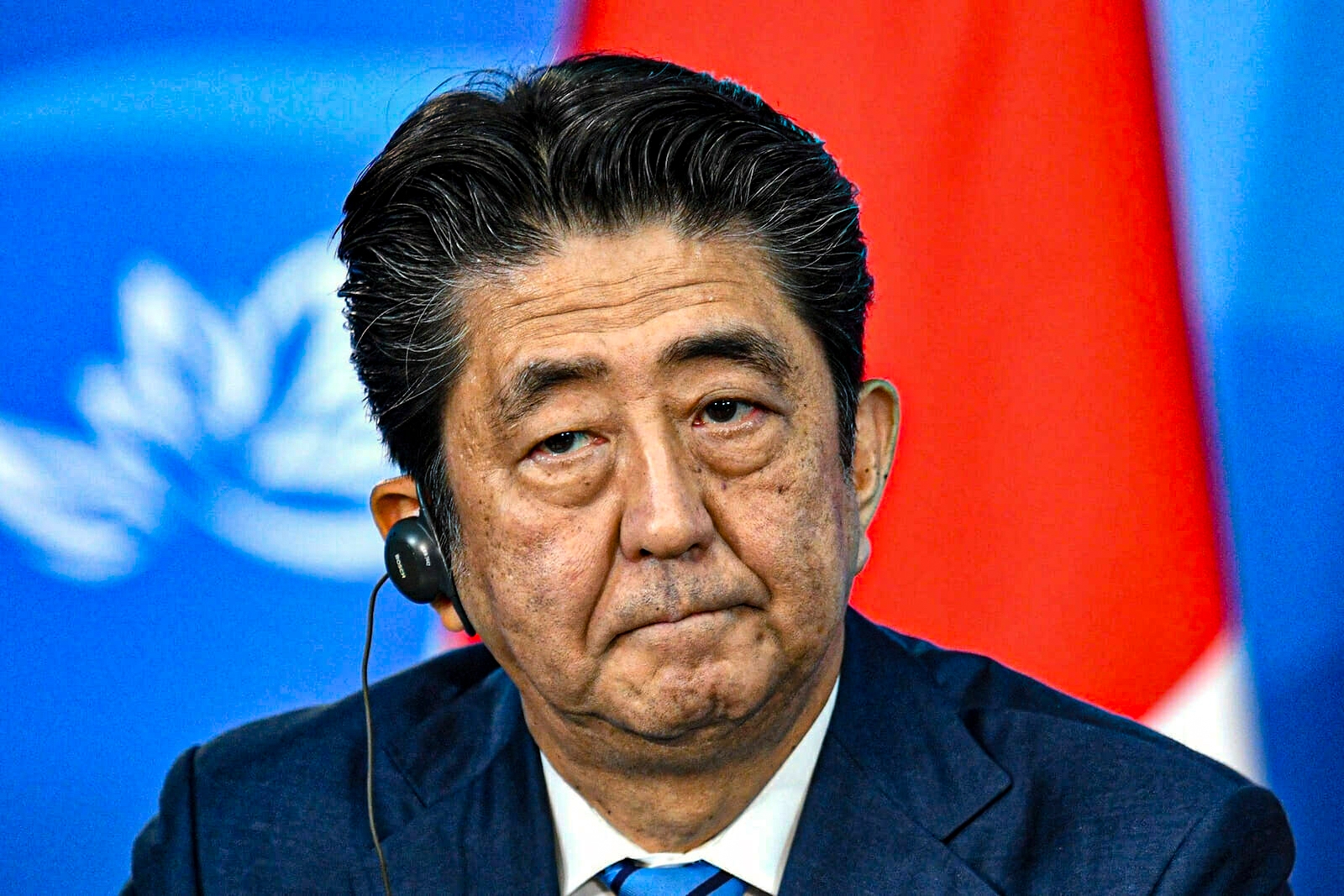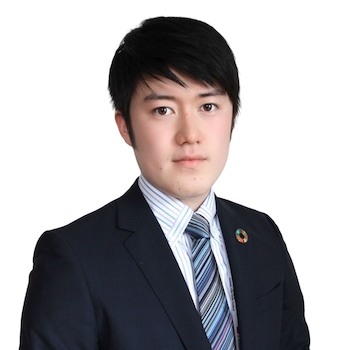
Abe’s Lasting Legacies – Contrast in People’s Reactions to his Death
On July 12th, I was on a street next to the Zōjō-ji Temple in Tokyo with a massive crowd waiting for the hearse carrying former Japanese Prime Minister Shinzo Abe to pass by. A lot of people were gathered and holding flowers to mourn the death of Japan’s former leader who was the country’s longest-serving prime minister. When the hearse passed by, people shouted “thank you for working for Japan” or “goodbye.” The collective atmosphere was extraordinary, let alone the size of the crowd gathered at the temple at 2:30 pm on a Tuesday afternoon.
At that moment, I was thinking about what Japanese society was like when past assassinations occurred. Specifically, the picture in my high school textbook of former Prime Minister Takashi Hara, who was killed by a railway worker in 1921, came to mind. The motive was clearly different, but I was truly struck by the fact that events I used to consider only “historic” happened in contemporary society.
At the same time, I was thinking about another thing – the public reaction to Abe’s death I witnessed at the temple or through the media did not necessarily align with how I used to see the general reaction to Abe as a politician, or even as a person. It is definitely natural and not unusual to see this kind of public reaction for the former head of state whose life was tragically taken by an unforgivable act of violence. But I was personally intrigued by how the overall public reaction toward Abe as a politician portrayed by the media switched from relatively negative to entirely heroic right after the incident.
On July 8th, Abe was making a campaign speech for a Liberal Democratic Party (LDP) candidate in the historic city of Nara. About two minutes after Abe started his speech, Tetsuya Yamagami fired a hand-made gun toward Abe. Abe fell immediately and was transported to a hospital in cardiac arrest but passed away about five hours after the shooting. It has been reported that Yamagami’s motive was his deep grudge against the Holy Spirit Association for the Unification of World Christianity, formerly known as the Unification Church. Abe sent a congratulatory telegram to an event of the Association in September 2021, and the suspect assumed Abe had ties with it.
Abe served as prime minister from December 2012 to September 2020. Abe was raised in a famous political family that consists of former Prime Ministers Nobusuke Kishi and Eisaku Sato, former Chief Cabinet Secretary Shintaro Abe, current Minister of Defense Nobuo Kishi, and other politicians. Abe won his first election for the House of Representatives in 1996. He had his first prominent position as a Chief Cabinet Secretary in 2005 in the Koizumi administration, working on the issue of North Korean abductions of Japanese citizens. He later became prime minister for the first time in 2006 but resigned a year later due to health problems.
As a representative conservative politician in the LDP, Abe steadily advanced his policies in various fields. “Abenomics” is considered as his biggest achievement, which increased gross national income, lowered the number of bankruptcy cases, and increased job offer rates for the young.
He often had to deal with controversial domestic issues, and news reports seemed mostly negative, especially his suspicious ties with educational corporations like Kake and Moritomo. The Japanese public sometimes objected to some of Abe’s policies. When the administration authorized the use of the right to collective defense in 2014, it was reported as “Abe forcefully made the decision with no regard to public opinion.” Huge demonstrations soon followed that are still fresh in people’s memory.
After he stepped down as prime minister in 2020, Abe remained influential within the LDP. In November 2021, Abe became the chair of the LDP’s biggest policy group, Seiwa Seisaku Kenkyukai (Seiwaken), which is known as a group of conservative politicians. Fumio Kishida, the current prime minister, is considered relatively liberal in the party and apparently saw Abe as a point of contact for all the conservatives in the party.
Every time Kishida’s major claim “New Capitalism” was addressed, it was compared to Abenomics and often criticized as being increasingly similar. Even after leaving office, Abe remained involved in foreign policy. Abe was sent to Malaysia as a special envoy in March and made some waves with his comments on Taiwan, that “any armed invasion of Taiwan would present a serious threat to Japan.” Former Prime Minister Taro Aso made this remark at Abe’s funeral, “even after you (Abe) stepped down as a prime minister, leaders of foreign nations asked me ‘what’s Abe saying about it?’” which symbolizes Abe’s achievements in diplomacy and relationships with foreign leaders.
So, what’s next for the LDP and Japan?
The LDP has lost a powerful leader who could bring the conservatives together and carry their claims to the current administration. Inevitably there will be a struggle for power within the LDP and a decline in its presence. For Japan itself, it lost a great negotiator. Abe could not solve all the issues that he promised he would in his term, which includes the issue of abductions by North Korea and tensions with Russia, but he was able to at least meet respective leaders to discuss such problems. As proof, Presidents Vladimir Putin and Xi Jinping conveyed their condolences over Abe’s death despite historic tensions. I also personally expected that Abe would be back as prime minister.
Leaving aside the question of Abe’s aptitude as a politician, I think he was a stable, powerful, and thoughtful leader with clear policies that guided Japan toward a set direction. He also took Japan’s presence on the international stage to a whole new level.
May he rest in peace.
